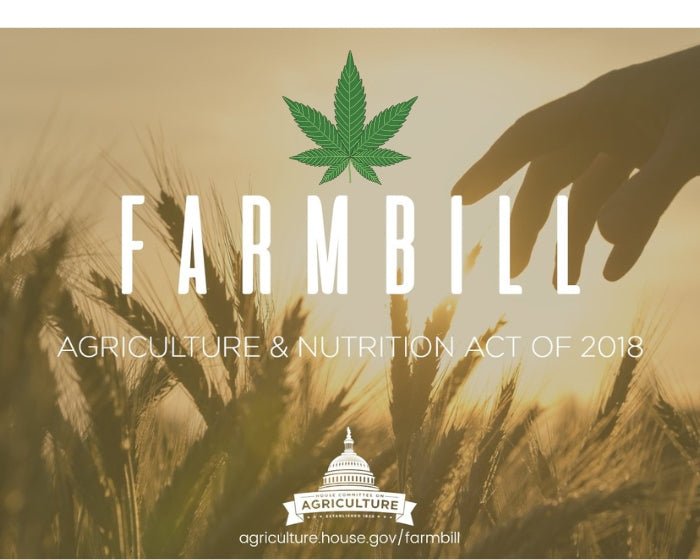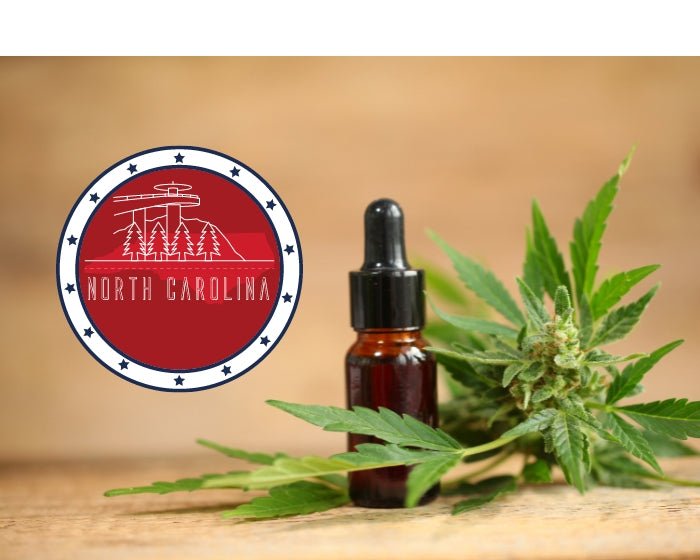As the versatile plant gains legal status for cultivation, product sales and other scientific purposes, how different nations handle hemp is being examined.

The U.S. Law Library of Congress recently released a new milestone report on the regulation of hemp around the world. The 134-page study, titled "Regulation of Hemp," provides an exhaustive examination of hemp regulations in various countries worldwide. The report analyzes issues such as cultivation, product testing and the licensing of legal hemp-based businesses in 15 specific global jurisdictions.
In a blog post for the library, foreign law specialist for the Law Library, Tariq Ahmad, wrote, "Demand and production of hemp are growing worldwide and are forecast to show significant growth in the next decade. (The report) explores the regulation of industrial hemp in select jurisdictions around the globe."
"Demand and production of hemp are growing worldwide and are forecast to show significant growth in the next decade. (The report) explores the regulation of industrial hemp in select jurisdictions around the globe."
- Tariq Ahmad, Foreign Law Specialist for the Law Library of Congress
The report goes back as far as 1947, when Japan legalized hemp for very restricted uses, and incorporates additions as recent as Colombia's hemp legalization last year. The document compares various jurisdictions' definitions of hemp, like the allowable amount of delta-9 THC, which in America is less than 0.3%. It also details other measurables, such as testing requirements, cultivation restrictions and rules concerning product manufacturing.
Since Congress removed hemp from the Controlled Substances Act via the Farm Bill of 2018, the American hemp industry has experienced a steady expansion as products like CBD and other hemp-derived items have become popular health and wellness alternatives. According to USDA statistics, the value of industrial hemp legally produced in the U.S. totaled around $824 million in 2021. Likewise, at the end of 2021, the CBD market was valued at $4.9 billion. That number is expected to balloon to over $47.22 billion by 2028.
However, that growth has not come without some challenging and public political and regulatory issues for agencies like the Food and Drug Administration (FDA), Department of Agriculture (USDA) and the Drug Enforcement Agency (DEA) to tackle concerning exactly how to manage the various health and safety concerns surrounding hemp and its derivative products.
Earlier this year, lawmakers on Capitol Hill scheduled hearings to speak with top regulators at the FDA regarding its inaction on establishing rules enabling CBD to be marketed as a dietary supplement. However, in January, the regulatory agency issued a statement effectively washing its hands of the issue and passing the responsibility back to Congress to pass more legislation clarifying a new path for dealing with CBD.
In addition to the FDA release on CBD, the DEA and the Substance Abuse and Mental Health Services Administration (SAMHSA) issued separate statements on the legality of synthetic THCOs and the potential health effects of CBD, respectively.
In the DEA letter, Terrence L. Boos, Chief of DEA's Drug & Chemical Evaluation Section, stated that the Delta-8 and -9 THC-Os "do not occur naturally in the cannabis plant and can only be obtained synthetically, and therefore do not fall under the definition of hemp." Therefore, because they do not meet those definition standards, the synthetically-derived items are illegal under the CSA.
"(THC-Os) do not occur naturally in the cannabis plant and can only be obtained synthetically, and therefore do not fall under the definition of hemp."
- Terrence L. Boos, Chief of DEA's Drug & Chem. Evaluation Section
The SAMHSA health advisory warned of CBD's "potential harms, side effects, and unknowns." Along with specific quality control issues stemming from lax regulatory oversight in the manufacturing process of CBD by certain producers, the agency also warned of other health and safety issues concerning CBD use, including adverse drug interactions, liver toxicity, and reproductive and developmental effects.
For its part, the USDA has launched a weekly newsletter on all things hemp to provide "unbiased, timely, and accurate data" on the legal hemp industry. The newsletter details updated information concerning retail pricing for hemp products and import data on hemp items entering the United States.
Overall, hemp and its derivative products are developing a solid foothold in America and globally. With additional applications ranging from environmentally safer construction materials to eco-friendly plastics, the potential for the plant grows brighter with each passing harvest season.
Reports like the one created by the Library of Congress further solidify the efficacy and financial benefits of the sturdy and multifaceted crop. Furthermore, with the Farm Bill up for revision and approval this year, it would be wise for lawmakers to provide more legal clarity and Congressional funding for an industry that could become a cornerstone of the American economy well into the 21st century.








































